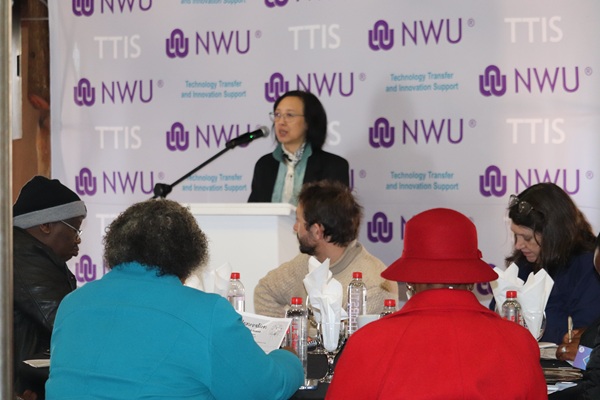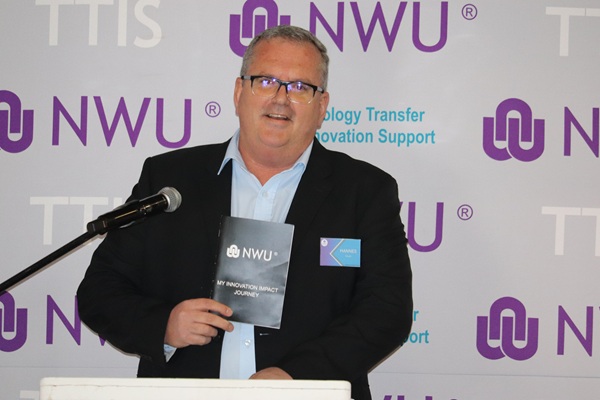The Technology Transfer and Innovation Support (TTIS) office at the North-West University (NWU) recently hosted its first-ever SHAPE innovation impact events across all three campuses. These sessions occurred on 24 July in Potchefstroom, 25 July in Vanderbijlpark, and 28 July in Mahikeng.
Researchers from the faculties of Humanities, Education and Economic and Management Sciences assembled to explore ways to transform SHAPE research into high-impact projects for communities.
SHAPE is an acronym for the social sciences, the humanities, the arts, people, and the economy. There is a growing global movement, led by British universities, to emphasise the impact potential of research outputs from these disciplines. SHAPE researchers often do not know where to start or do not realise the impact potential of their research. The innovation impact events aimed to address these gaps by informing researchers of the various support services and tools at their disposal.
Dr Janine Chantson, chief director of TTIS, highlighted the goal of the university to incorporate all disciplines into its innovation initiatives. She explained, “Innovation is not just for science and technology. By supporting the humanities and the social sciences, we help turn ideas into real benefits for society.”
As part of the programme, Mr Luan Africa, a technology transfer specialist from the University of the Western Cape, delivered a presentation on The impact of SHAPE and multidisciplinary projects. Mr Africa, who is also an active member of the SARIMA Community of Practice for SHAPE innovation, plays a key role in promoting the integration of the social sciences, the humanities and the arts into broader innovation ecosystems.
Each campus also featured inspiring presentations by SHAPE faculty innovators. In Potchefstroom, Prof Anné Verhoef shared insights into the AIITSA journey, illustrating the powerful connection between the humanities and innovation. In Vanderbijlpark, Prof Byron Bunt engaged the audience with the Bunt brothers’ journey, a compelling story of collaboration and educational influence. In Mahikeng, Dr Moleboheng Ramulumo introduced the renewable rangers’ journey, highlighting a strong initiative centred on community engagement and sustainability through social innovation.
Mr Hannes Malan, a commercialisation manager at TTIS, gave an overview of international trends in SHAPE impact projects and presented an innovation impact canvas that TTIS developed to assist researchers to map their projects. “Many of our researchers already conduct research-based impact projects in communities. In order to scale their impact, they need assistance. TTIS and other support services have a wealth of knowledge to assist in this regard.”
Central themes from these innovation impact events were collaboration and interdisciplinary research between faculties. TTIS is eager to continue building on this momentum and to assist researchers in translating their work into a meaningful real-world impact. For further details, visit: https://services.nwu.ac.za/technology-transfer-and-innovation-support/h….
Dr Janine Chantson, TTIS chief director, welcoming delegates.
Mr Hannes Malan, a commercialisation manager at TTIS.


